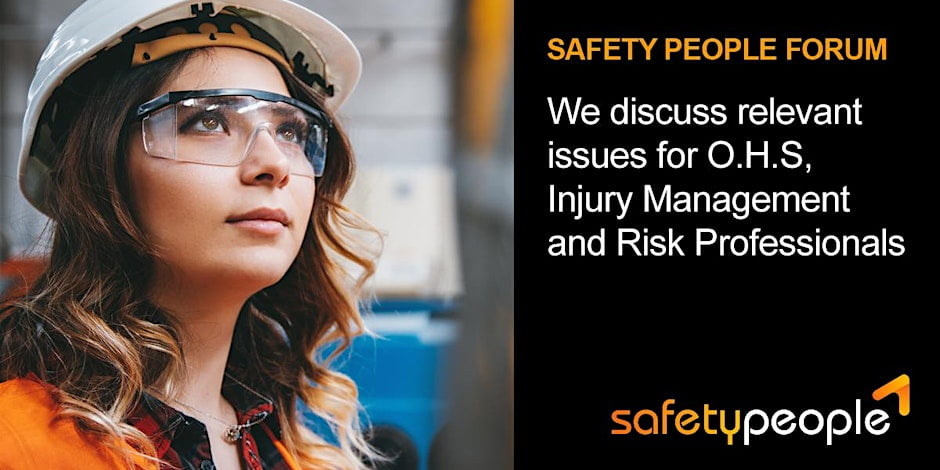The People at Greater Risk than Workers
Many workplaces welcome students who are required to undertake work experience or work practice in industry as part of their education. These students can be as young as 16 – in Year 10 – through to doctoral students from tertiary institutions.
Under work health and safety laws in some jurisdictions, they are deemed to be workers and employers have the same obligations to them as they do paid workers.
In Victoria and WA, students are not workers or employees. They are protected by an employer’s general duty to take all reasonable practicable steps to prevent injury to the students.
However, the method of engagement of students undertaking work experience is often hopelessly informal, especially when it is offered as a favour for a friend or family member.
In the legal case of SafeWork NSW v Thermal Electric Elements Pty Ltd (2017), a student on a one-week placement at Thermal Electric suffered the amputation of two fingertips when operating a sheet metal folding machine.
He was left with reduced fine motor skills in his hand. The student had received less than 10 minutes’ induction from a supervisor into the workings of the machine, before he was handed over to another worker for further tuition.
This induction was not as required by the safety system or as required under his work placement agreement.
In addition, the student was undertaking an inherently dangerous role with no effective supervision.
The judge found that the risks could have been easily prevented by appropriate training, induction and supervision – the very things that students rarely get when they attend a business.
Thermal Electric was fined $250,000.
The courts acknowledge the risks students face and look at how easy it would be to prevent such injuries and then seek to make it plain to all employers that exposing young, innocent students to such risks will not be tolerated.
5 reasons students are at greater risk than workers in the workplace
Below are 5 reasons why students on work placements are more susceptible to being injured:
- They have no experience of the work they are undertaking and are often young and lack any life experience around risk. Hence, they are less likely to be able to identify hazards.
- Their time at the organisation is often brief and employers are reluctant to submit to the time and cost of a full induction.
- The documentation around safety is inclined to be industry specific and unfamiliar to students.
- Students are reluctant to raise concerns about behaviours and plant. They innocently expect things to be right and trust the directions they are given to be all they need to know.
- Students receive little supervision because they are not key to the productive outcome of the business.
Lessons for employers
Students are at a higher risk than normal workers and the need for supervision of a younger person is much higher than for a mature person, so avoiding the normal workplace induction and training is a big mistake.
Permitting students to gain work experience within our organisations is an important part of building a future workforce, but this should be a well-thought-out and structured process that delivers capability and learning in a safe way.
Never take shortcuts in any induction and training.
Source: Health & Safety Bulletin



